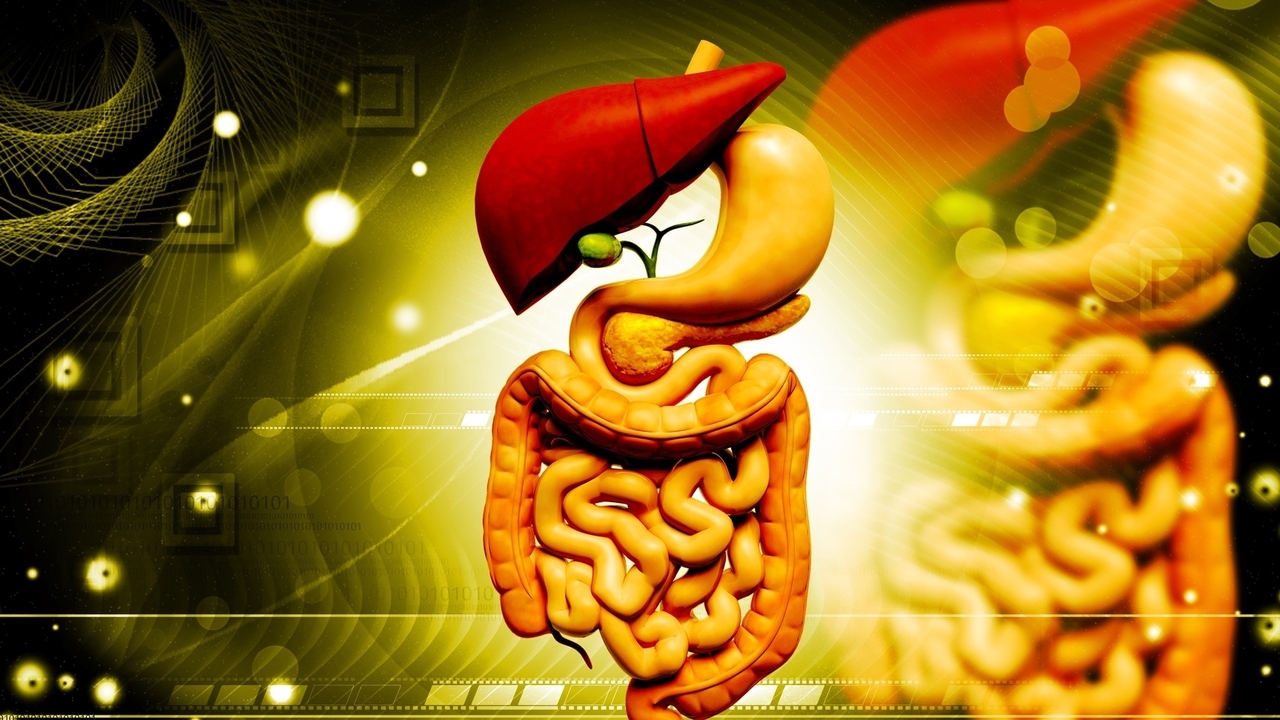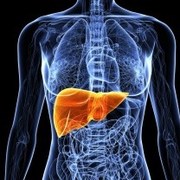We don't hear a lot about prevention of liver disease. I'm sure this is partially because we are so busy hearing a lot about prevention of so MANY things. We make it a priority to take care of our hearts; we get mammograms and pap smears to detect early cancers; we know that losing weight and getting fit are crucial to our well-being. But it's worth taking a few minutes to learn how you can take care of your liver, too. Often, there are no early warning symptoms for cirrhosis of the liver, and it causes permanent scarring and damage.
Cirrhosis is the eleventh leading cause of death by disease in the United States (about 25,000 people die from it each year), according to the American Gastroenterological Association. Almost half of these are alcohol-related.
Here's how the Mayo Clinic defines cirrhosis, and how it affects the liver function:
"Cirrhosis (sih-ROW-sis) is a term used to describe scarring of the liver. Your liver is a large organ that sits in your upper abdomen. The liver carries out several essential functions, such as detoxifying harmful substances in your body, purifying your blood and manufacturing vital nutrients. Cirrhosis occurs in response to chronic damage to your liver. With mild cirrhosis, your liver can make repairs and continue its role in the body. But with more advanced cirrhosis, more and more scar tissue forms in the liver, making it impossible to function."
Here's some detailed info (and a diagram, also) from our EmpowHer encyclopedia:
https://www.empowher.com/media/reference/cirrhosis#definition
Risk Factors
A risk factor is something that increases your chance of getting a disease or condition. Risk factors include:
* Alcohol abuse
* Hepatitis infection
* Use of drugs toxic to the liver (this also includes over-the-counter pain relievers, which can be fine in small amounts but destructive if used too much)
* Being overweight
* Diabetes that is poorly controlled
* Ingestion of too much iron
Symptoms
Cirrhosis often causes no symptoms early in the disease process. Symptoms start when the liver begins to fail, as scar tissue replaces healthy cells. Symptom severity depends on the extent of liver damage.
Early symptoms include:
* Fatigue
* Poor appetite
* Abdominal swelling, tenderness, and pain
* Nausea
* Weight loss
* Weakness
* Enlarged breasts in men
Later symptoms, some due to complications, include:
* Yellowing of the skin or eyes ( jaundice )
* Reddened palms
* Loss of body hair
* Shrunken testicles
* Enlarged liver
* Enlarged spleen
* Appearance of thin, purplish-red, spidery looking blood vessels on the skin, especially around the navel
* Dark urine
* Water retention and swelling in the legs and abdomen
* Bleeding and bruising
* Vomiting blood
* Itching
* Menstrual problems
* Abdominal infections
* Impotence
* Forgetfulness
* Confusion
* Agitation
* Tremors
* Coma
* Inability to fully process drugs
* Enlarged, twisted, thin-walled blood vessels called varices that bleed easily and sometimes catastrophically (usually located in the esophagus)
* Liver cancer
* Osteoporosis
* Gallstones
* Arrhythmias
* Sleep disturbances
* Ulcers
* Breathing problems
* Insulin resistance
Treatment
Unfortunately, there's no treatment to cure cirrhosis. The goals of treatment are to:
* Control the cause
* Prevent additional damage
* Treat symptoms and complications
* Treat underlying medical conditions
The best news is this: prevention is primarily a matter of good self-care and common sense. Everything you do to benefit other parts of your body (exercise, nutrition, and so on) will benefit your liver. To decrease the risk of cirrhosis:
* Drink alcohol in moderation. Moderate alcohol intake is no more than two drinks per day for men and one drink per day for women.
* Practice safe sex to lower your chance of getting hepatitis B.
* If you use IV drugs, do not share needles, which can spread hepatitis B, C, or D.
* Receive hepatitis vaccines.
* Follow your doctor's recommendations about blood tests when taking medications that may damage the liver.
http://www.gastro.org/wmspage.cfm?parm1=681
http://www.mayoclinic.com/health/cirrhosis/DS00373
All user-generated information on this site is the opinion of its author only and is not a substitute for medical advice or treatment for any medical conditions. Members and guests are responsible for their own posts and the potential consequences of those posts detailed in our Terms of Service.





Add a Comment1 Comments
Diane,
September 24, 2009 - 1:25pmThanks for sharing this information...I think it is important, especially with a disease that is primarily caused by things we CAN control (lifestyle factors).
This Comment